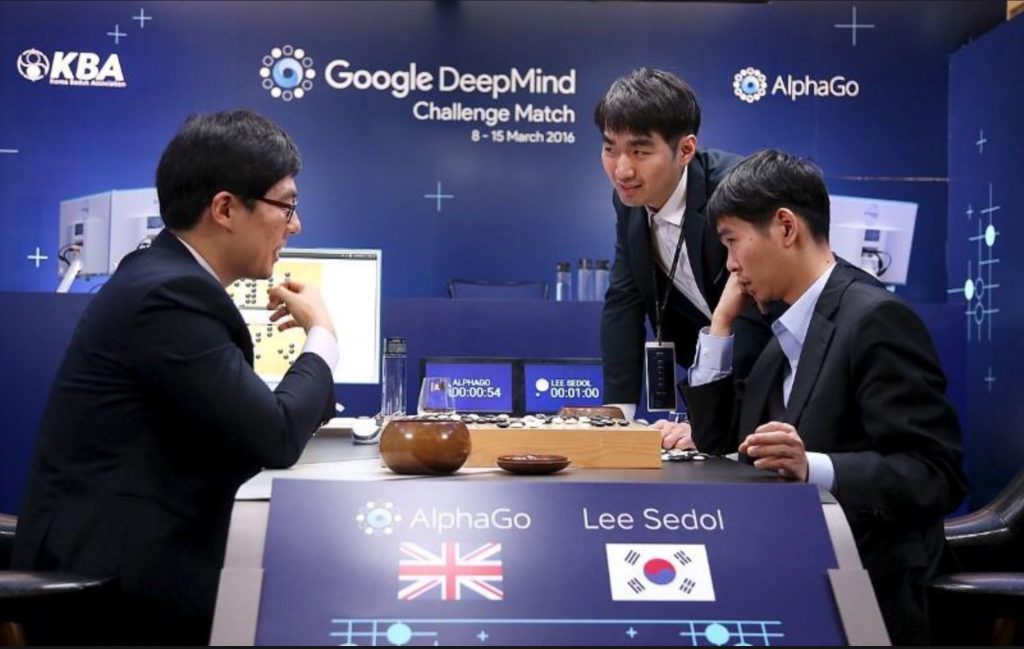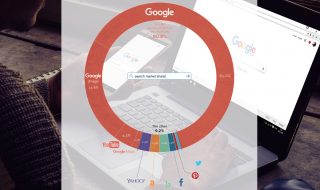
The world's top Go player Lee Sedol reviews the match after the fourth match of the Google DeepMind Challenge Match against Google's artificial intelligence program AlphaGo in Seoul, South Korea, in this handout picture provided by Google and released by News1 on March 13,... REUTERS/GOOGLE/NEWS1
South Korean Lee Sedol won his first match against a computer program developed by a Google subsidiary on Sunday in the ancient board game Go, denying a clean sweep for the artificial intelligence in a five-match series.
Lee, one of the world’s top players and a holder of 18 international titles, recovered from three consecutive losses against the AlphaGo program developed by DeepMind.
“This win is invaluable and I would not trade it for anything else in the world,” a jubilant Lee told reporters after the match, thanking fans for their support.
The 33-year-old professional player has admitted to underestimating AlphaGo’s skills but also said the program was not perfect, asking supporters to keep watching the contest.
DeepMind founder Demis Hassabis told reporters the loss was a valuable learning tool and would help identify weaknesses in the program that his team needed to address.
“It’s a real testament to Mr Lee’s incredible fighting spirit and he was able to play so brilliantly today after three defeats,” Hassabis said.
Go, most popular in countries such as China, South Korea and Japan, involves two contestants moving black and white stones on a square grid, with the aim of seizing the most territory.
Experts did not expect an artificial intelligence program to beat a human professional for at least a decade, until AlphaGo beat a European champion player last year. Lee was considered a much more formidable opponent, however.
Google executives say Go offers too many possible moves for a machine to win simply through brute-force calculations, unlike chess, in which IBM’s Deep Blue famously beat former world champion Garry Kasparov in 1997.
Instead, they said, AlphaGo has sought to approximate human intuition, by studying old matches and using simulated games to hone itself independently.
The fifth and final match is scheduled for Tuesday.
Source: Reuters















